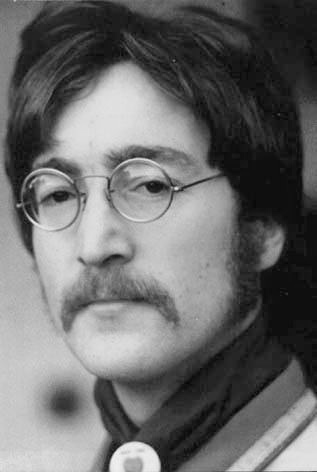.
American (Ah-MAIR-eh-ken) Dialects
In what can best be described as a labor of love, Rick Aschmann has been building a website documenting “North American English Dialects, Based on Pronunciation Patterns.” It’s available here. Reading Aschmann’s exhaustive, discerning, explanatory texts, one theme emerges: most of us are blissfully unaware of the confusing peculiarities of our own dialects, and somehow we manage to understand each other.
On Planes and Trains, Scanning the Books of Others
I’m not alone in being curious about what others are reading, and I freely indulge my curiosity when walking down the aisle of a train or plane, standing on the subway, or sitting with strangers in a waiting room. Yet I wonder, is it rude to look over someone’s shoulder at what they’re reading? Is it wrong to exceed the limit of a quick glance, to surreptitiously read someone else’s book for as many seconds as your position allows? I have a feeling this is wrong — maybe because the action parallels the offense of cheating on a schoolroom test, looking at your neighbor’s paper. Still, it is at worst a quick and victimless theft.
What’s of interest to me is that during the swipe, the thief’s eye and mind is sometimes able to capture enough information to render a judgment on the quality (high or low) of the spied-upon book. Case in point: on a plane last year, as I sat in an aisle seat, I had the opportunity, lasting several seconds, to read half a page of a paperback novel held open by a passenger sitting across the aisle, one row forward. I never learned the title of the book or the name of its author, yet I still remember these phrases gracing the page: “I said stiffly,” “It rang a faint bell,” “The bodies festered,” and, “It was all but intolerable.”
Disrespecting our Flowing Waters
Why does Google Maps not routinely tell us the names of rivers and streams in the areas we are researching? When you zoom in on the location you’re interest in, using the map or hybrid map/satellite option, and you notice a nearby river or stream or creek, there is no indication of its name. Also, plugging into the search box the names of river and streams usually provides disappointing (or no) results. Suppose you wanted to quickly locate where the North Platte River meets its sister, the South Platte River. Good luck. Am I alone, or part of too small an audience, wanting, and finding value in, that information?
The Value of Elementary School Teachers
I’m one of those people who, half a century later, can rattle off the names of their Kindergarten and elementary school teachers: seven women who are responsible in no small measure for the person I am today. Over the last five decades, ball players’ salaries have risen to a level hundreds of times the average salary of other skilled workers and craftsman. Salaries of CEOs have lofted to ever higher multiples of their company’s typical employee’s salary. Public school teachers’ salaries? Shamefully, teachers have not shared in the economic rewards they deserve.
What do teachers deserve? According to emerging empirical evidence, the answer is a hell of a lot more than their current compensation. See, for example, the working paper from the National Bureau of Economic Research, entitled, “The Economic Value of Higher Teacher Quality”. Adam Ozimek’s thoughts on where this leads, are here. Raj Chetty, a Harvard economist who is also investigating this subject, estimates that an excellent kindergarten teacher is worth a salary of $320,000 a year.
An article in the NY Times explained it this way: “Students who had learned much more in kindergarten were more likely to go to college than students with otherwise similar backgrounds. Students who learned more were also less likely to become single parents. As adults, they were more likely to be saving for retirement. Perhaps most striking, they were earning more. All else equal, they were making about an extra $100 a year at age 27 for every percentile they had moved up the test-score distribution over the course of kindergarten. A student who went from average to the 60th percentile — a typical jump for a 5-year-old with a good teacher — could expect to make about $1,000 more a year at age 27 than a student who remained at the average. Over time, the effect seems to grow, too. The economists don’t pretend to know the exact causes. But it’s not hard to come up with plausible guesses. Good early education can impart skills that last a lifetime — patience, discipline, manners, perseverance.”
A Convergence of Look
The faces of Senator Susan Collins of Maine and John Lennon made frequent appearances in the news in recent weeks — hers, because of her key role in passing legislation during the Senate’s lame duck session; and his, accompanying stories on the 30th anniversary of his death. See if you agree that something in the photographs suggests a blood relationship:
.
.
.
.
.
.
.
.
.


